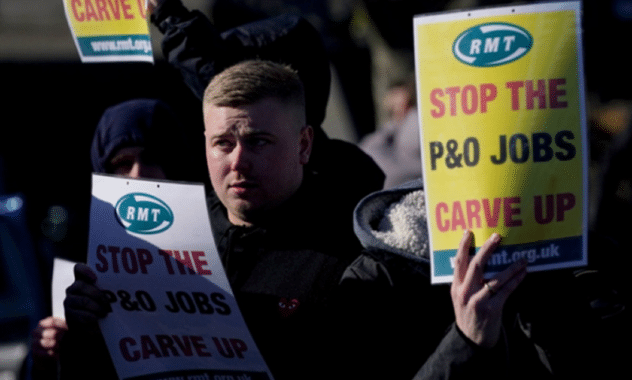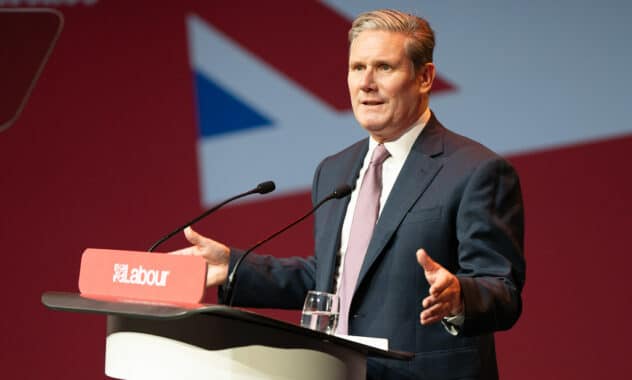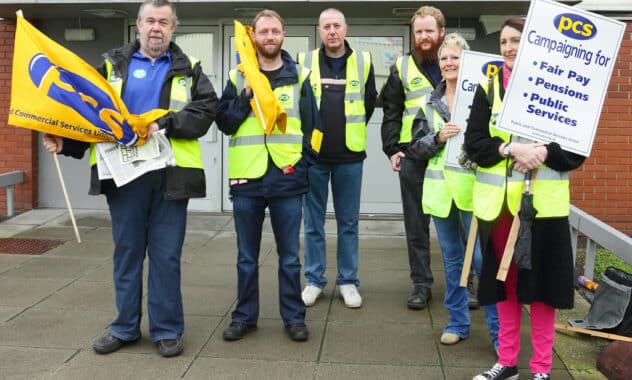MPs call for transparency on employer fraud and tax avoidance
The Public Accounts Committee has called on the government and HMRC to take fraudulent behaviour among the wealthy far more seriously.

The Public Accounts Committee (PAC) has criticised the government’s Covid-19 support schemes for providing “unacceptable” room for employers to commit fraud and called on HMRC to publish details of missing tax receipts.
HMRC said the “tax gap” – the difference between the amount of tax owed to the State and the amount collected – was £31 billion in 2018-18, but MPs on the PAC pointed out the margin of error on this statistic is so wide that it should not be uncritically trusted.
While both businesses and individuals contribute to the tax gap, either by deliberately avoiding tax payments or by genuine error, employers account for the majority of the missing funds.
Estimates from HMRC show that over 40% of the tax gap can be accounted for by the underpayments of small businesses, while large businesses are responsible for 17% and individuals earning over £200,000 a year (or with assets worth over £2 million) make up 6%.
But this year, employers and the wealthy are not only getting away with underpaying tax, they are also committing fraud through the government’s job retention schemes.
HMRC estimates that £3.5 billion has been paid in error or due to fraudulent applications from employers – 10% of the UK’s total furlough spend.
Meg Hillier, Chair of the PAC, said: “Our finding of the astonishing lack of economic planning for a pandemic shows how the unacceptable room for fraud against taxpayers was allowed into the government’s hastily drawn up economic support schemes.”
She called on the government to publish the names of employers who have received money from furlough schemes set up during the pandemic, and told the HMRC to be clearer on the important issue of who is failing to pay their tax.
“Best estimates really won’t do when you’re talking about multi-billions of pounds that could be being collected to support public services, and particularly when billions of pounds is being spent on Covid support,” Hillier said.
“We expect HMRC to be doing more to collect the tax owed, whether from individuals or companies. With families and businesses straining every sinew to stay afloat it is just as critical that the government collects tax effectively and efficiently, as it is that the government spends money wisely.”







